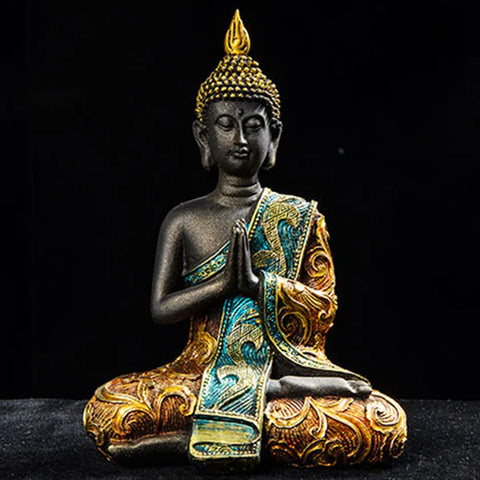
Buddha, a symbol of compassion, serenity, peace, and spirituality, represents inner wisdom and enlightenment. It promotes mindfulness, emotional balance, and a deep sense of tranquility. At Buddha Stones, our Buddha symbol products capture these profound meanings, offering items that inspire meditation, spiritual growth, and a calm mind. Perfect for those seeking inner peace and spiritual fulfillment.
360 Produkte
360 Produkte





































